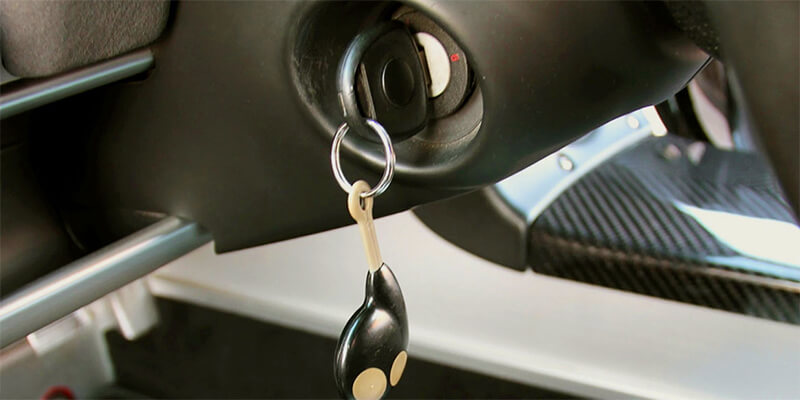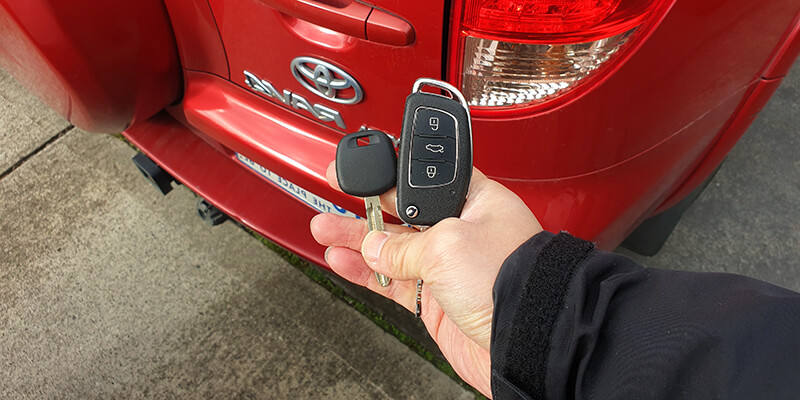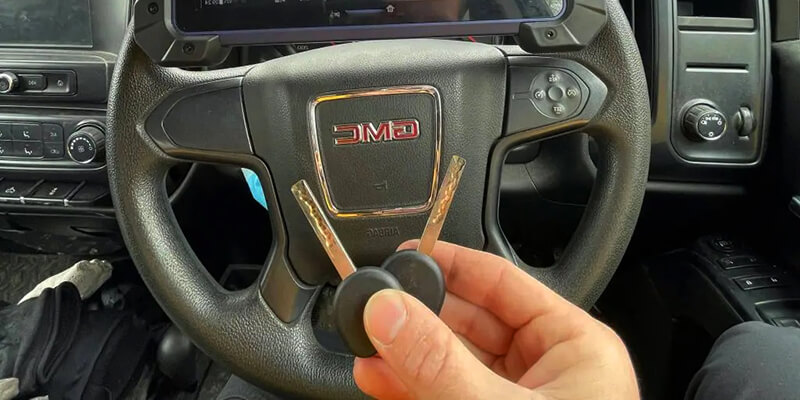In the fast-paced world of automotive technology, the evolution of car keys has undergone a remarkable transformation. Gone are the days of simple metal keys; we now have sophisticated electronic keys with embedded chips that enhance security and convenience. Chip-enabled keys, sometimes transponder keys, have become a typical feature in current vehicles, providing an additional layer of theft protection.
However, as convenient as these advanced keys may be, they also bring along a set of challenges, particularly when it comes to duplicating them. Compatibility issues with duplicate car-keys with chips have become a common concern among vehicle owners and locksmiths. Let us investigate this topic and the variables contributing to these compatibility concerns.
1. Chip Technology Variation: One of the primary reasons behind compatibility issues is the diverse range of chip technologies used by different vehicle manufacturers. Each car manufacturer may employ proprietary chip technology in their keys, making creating universal duplicate keys that work across all makes and models challenging.
2. Key Programming Protocols: Another factor contributing to compatibility issues is the intricate programming protocols embedded within the transponder chips. These protocols establish communication between the key and the vehicle’s immobilizer system, ensuring that only authorized keys can start the engine. Duplicating keys while adhering to these protocols requires specialized equipment and expertise.
3. Immobilizer System Integration: Modern vehicles are equipped with sophisticated immobilizer systems that rely on encrypted codes to validate the authenticity of the key. Compatibility issues may arise if the duplicated key fails to sync properly with the vehicle’s immobilizer system, leading to ignition failure or security alarms being triggered.
4. Aftermarket Key Quality: While aftermarket key duplication services may offer a cost-effective solution, the quality and compatibility of these keys can vary significantly. Inferior quality keys may lack the encryption or programming protocols required for seamless integration with the vehicle’s security system, resulting in functionality issues.
5. Model Year and Technology Updates: Car manufacturers frequently update their key technology to enhance security and performance. As a result, older key duplication methods may not be compatible with newer vehicle models equipped with advanced chip technology. Locksmiths and vehicle owners must stay informed about these updates to avoid compatibility issues.
6. Specialized Equipment and Expertise: Successfully duplicating car keys with chips requires specialized equipment and technical knowledge. Not all locksmiths or key duplication services have the tools or expertise to tackle compatibility issues effectively. Choosing a reputable and experienced locksmith is crucial to ensuring reliable key duplication.
7. OEM vs. Aftermarket Keys: Vehicle manufacturers typically recommend using original equipment manufacturer (OEM) keys for optimal compatibility and performance. While aftermarket keys may offer a more affordable alternative, they may not always meet the stringent quality standards set by OEMs, leading to potential compatibility issues.
Navigating compatibility issues with duplicate car keys with chips requires careful consideration of these factors. Whether you’re seeking key duplication services for a spare key or addressing the loss of your primary key, it’s essential to consult with knowledgeable professionals who understand the intricacies of transponder key technology.
In conclusion, while duplicate car keys with chips offer enhanced security and convenience, compatibility issues can pose significant challenges. Vehicle owners can ensure a smooth and hassle-free journey by recognizing the underlying causes of these issues and contacting trustworthy locksmiths or key duplication services.
Transponder Car Keys - FAQ
Transponder keys, or chip-enabled keys, utilize embedded chips to enhance vehicle security. However, the diverse chip technologies employed by various manufacturers make universal duplication challenging, leading to compatibility concerns.
Programming protocols establish communication between the key and the vehicle’s immobilizer system, ensuring security. Duplicating keys while adhering to these protocols requires specialized equipment and expertise to ensure compatibility.
Modern vehicles feature complex immobilizer systems that validate key authenticity through encrypted codes. If the duplicated key fails to sync correctly with this system, ignition failure or security alarms may occur, highlighting compatibility issues.
While aftermarket keys may offer cost-effective alternatives, their quality and compatibility can vary. Inferior keys may lack the necessary encryption or programming protocols, leading to functionality issues and potential security risks.
Car manufacturers frequently update key technology, potentially rendering older duplication methods incompatible with newer models. Staying informed about these updates is essential for avoiding compatibility issues.
Choosing a reputable and experienced locksmith is crucial, as successfully duplicating chip-enabled keys requires specialized equipment and technical knowledge. Ensure the service provider understands the intricacies of transponder key technology.



